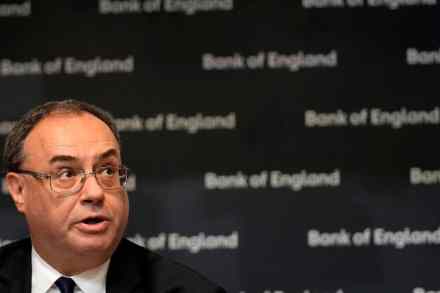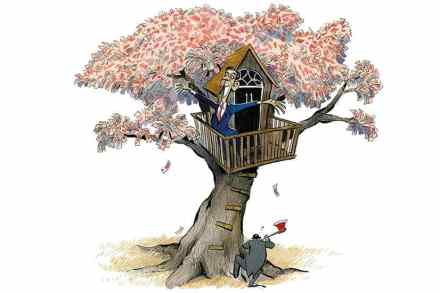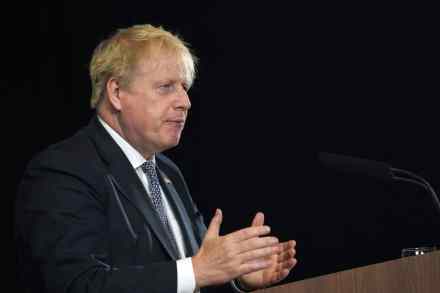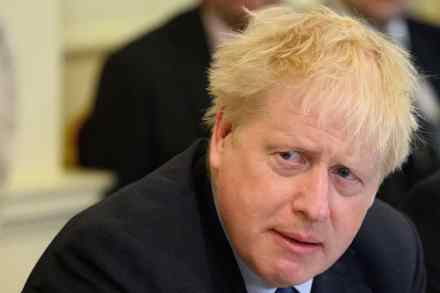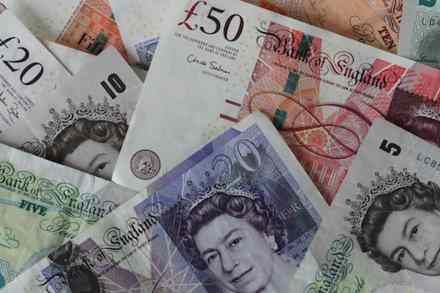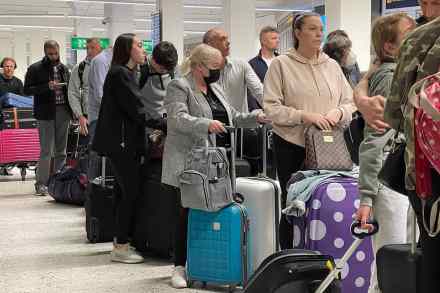Why Reeves should sell her bitcoin hoards
Deep fried prawn balls, chicken chow mein, crispy shredded beef and a Ponzi scheme could be about to win the Chancellor a decent chunk of her headroom back. If Reeves does press ‘sell’, she will be accused of ‘pulling a Gordon Brown’ As Rachel Reeves starts sketching out her autumn Budget, most of the focus has been on the tax hikes she’ll need if she’s serious about sticking to the ‘ironclad’ fiscal rules she recommitted to just last week. Economists reckon the wafer-thin £9.9 billion margin she left herself at the Spring Statement has already been wiped out and that she’s now staring down a black hole of over £20





